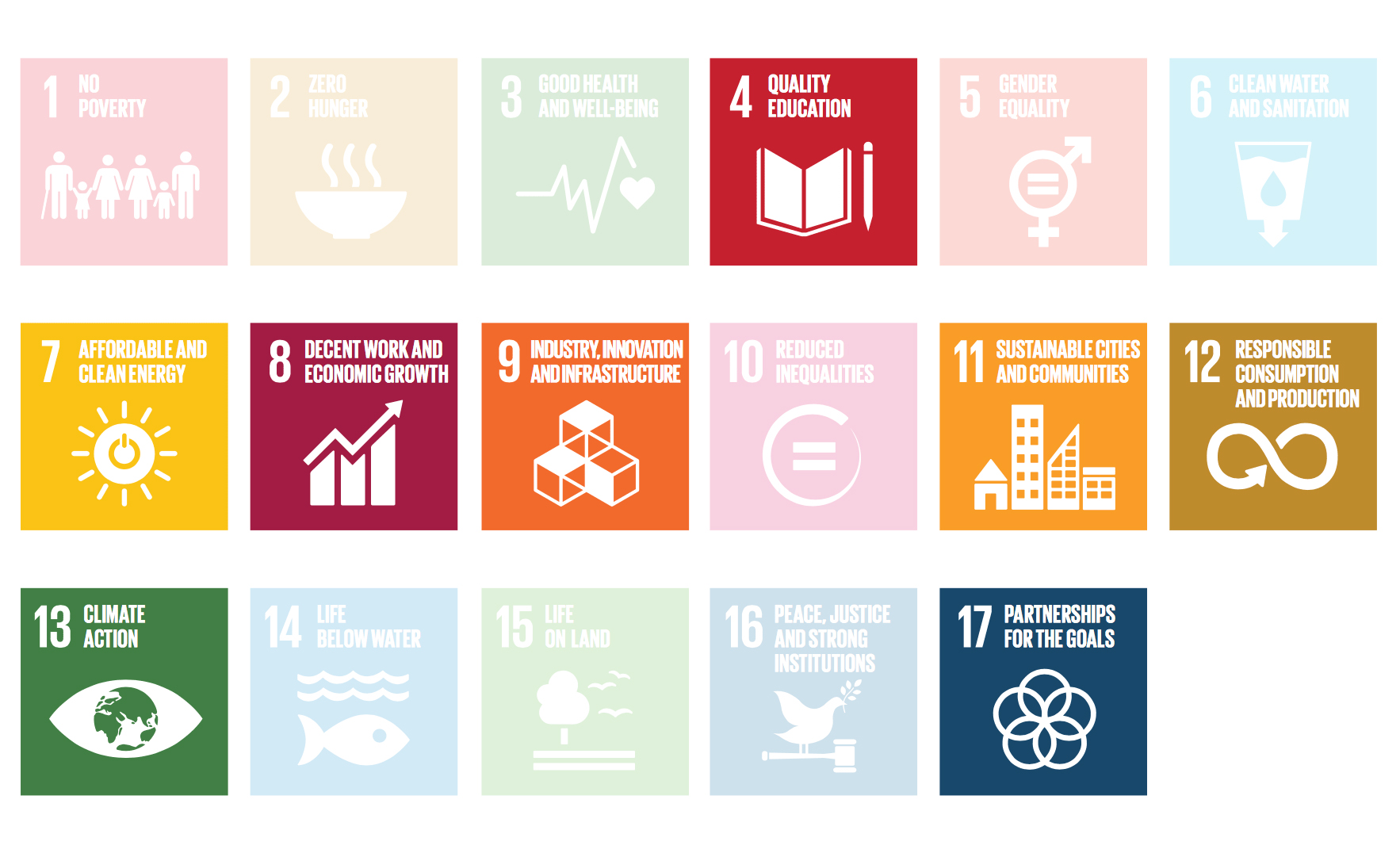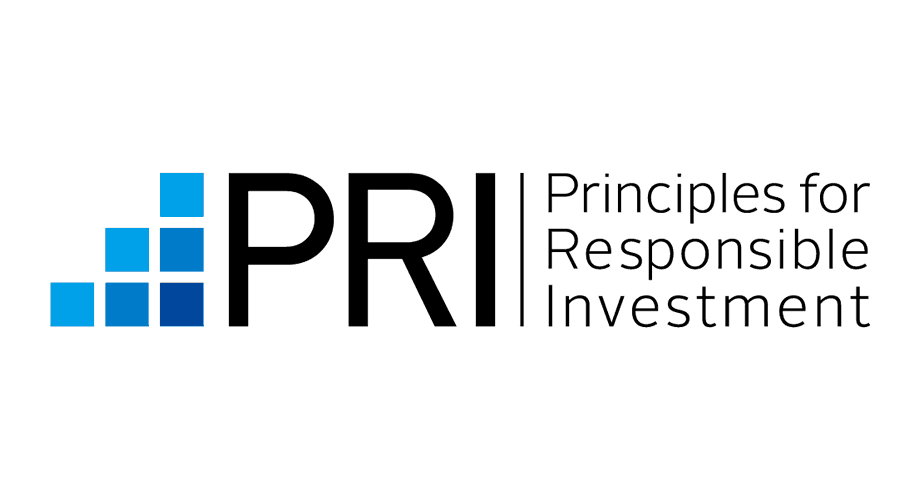Responsibility
Draycott is aware of the impact that investment decisions may have on society, and is truly committed to act responsibly, applying the highest ethical and business standards, namely in what concerns to environmental, social and governance (ESG) topics
- By incorporating ESG considerations into Draycott’s investment decisions and portfolio management practices
- By transparently communicating Draycott’s responsible investment approach, including goals and progress, monitored through Draycott’s ESG scorecard.
- By collaborating with peers, organizations, and other stakeholders to shape the financial industry towards a more ESG-compliant future
- By making Draycott’s Ops Team available to engage with management teams of invested companies in what concerns to ESG risks and opportunities specific to its business or transversal to the entire portfolio

Draycott’s investment strategy is aligned with United Nations Sustainable Development Goals (SDG), with focus in 8 of them:

Our Responsible Investment Policy
Draycott is aware of the impact that investment decisions may have on society, and is truly committed to act responsibly, applying the highest ethical and business standards, namely in what concerns to ESG topics.
Get to know our impact
ENDORSEMENTS

SFDR Relative to the Management Company
1. Sustainability Information
Draycott – SCR, S.A. (“Draycott“) is a private equity firm whose activity is focused on the management of private equity funds, and its management is aware of the need to, in its investment decisions and in the monitoring of the portfolio companies, keep commitments regarding issues of ethical, social, and environmental nature.
On the other hand, the management of Draycott is aware that, as a private equity firm, Draycott is in a privileged position to raise awareness, influence, and lead companies to develop their activity in a more sustainable way.
In this context, Draycott is subject to the following legislation on transparency in sustainability matters:
(a) Regulation (EU) 2019/2088 of 27 November 2019 on sustainability-related disclosures in the financial services sector (the “SFDR“);
(b) Regulation (EU) 2022/1288 of 6 April establishing the regulatory technical standards developing the SFDR regime (the “Delegated Regulation“); and
(c) Regulation 2020/852 of 18 June 2020, which sets out the taxonomy applicable in the EU on sustainability.
2. Sustainability risks integration policy
A key concept provided for in the SFDR is that of “sustainability risk”, defined as “as an environmental, social or governance event or condition that, if it occurs, could cause an actual or a potential material negative impact on the value of the investment”.
When making investment decisions in companies, Draycott takes into consideration sustainability risks. Notably, as part of the due diligence conducted on target companies, Draycott considers environmental (e.g., pollution), social (e.g., discrimination) and governance (e.g., board structure, remuneration policies) risks.
Draycott decides which strategy to adopt considering the information provided by target companies at each moment. Draycott is then able to influence those companies to eliminate or mitigate those risks as a pre-condition to the investment (including the adoption of sustainability policies by those companies), not to invest, or to condition the investment to measures that it considers appropriate for the integration of sustainability risks.
Once the investment has been made, Draycott monitors the strategies adopted by the portfolio companies.
3. No consideration of adverse impacts of investment decisions on sustainability factors
Another key concept of the SFDR is that of “sustainability factors”, which cover environmental, social and employee matters, respect for human rights, anti-corruption and anti-bribery matters.
Currently Draycott does not yet consider the key negative impacts of investment decisions on sustainability factors, in compliance with the requirements and metrics set out in the Delegated Regulation.
This is because the companies that integrate the portfolio of funds managed by Draycott do not yet have available relevant information that can be provided in satisfactory terms (content and treatment). Additionally, there is not currently an awareness in Portuguese companies for the need to obtain and treat this type of information.
Also contributing to this is the fact that the requirements foreseen in the Delegated Regulation are particularly demanding, implying a high investment, whose implementation requires rigorous preparation.
Under the terms of the SFDR, this status may be maintained as long as Draycott maintains human resources below the thresholds applicable to large companies (average number of 500 employees) according to the criteria referred to in Article 4(3) and (4) of the SFDR.
As Draycott expands human resources in the terms defined above, increases the volume of assets under management and there is a greater recognition of the need to obtain and process sustainability information in the Portuguese corporate market, Draycott, in its ongoing process of strengthening procedures and practices, considers that it will integrate the main negative impacts of investment decisions on sustainability factors.
4. Funds promoting ESG features or aiming at sustainable investments
Draycott currently manages two funds that promote, inter alia, a combination of environmental and social characteristics (provided for in Article 8 of the SFDR).
Consequently, in the investments made by these two funds, Draycott takes into account the EU criteria applicable to environmentally sustainable economic activities.
5. Remuneration Policy
In addition to fixed remuneration, members of staff identified in the remuneration policy (as defined in the applicable guidelines) may receive variable remuneration. The remuneration policy of Draycott integrates sustainability risks into the remuneration of identified staff.
Given that Draycott integrates sustainability risks into its investment policies, there may be negative impacts on the variable remuneration of its directors and employees in the event of serious scenarios of disregard for such risks in the investment decisions or monitoring of portfolio companies.
Information published in June 2023. Updated on 27 June 2024
SFDR Relative to the Funds under Management
Draycott II

Pre-contratual disclosure
Article 8, paragraphs 1, 2 and 2-A, of Regulation (EU) 2019/2088 SFDR and Article 6, paragraph 1, of Regulation (EU) 2020/852 SFDR

Periodic disclosure
Article 8, paragraphs 1, 2 and 2-A, of Regulation (EU) 2019/2088 SFDR and Article 6, paragraph 1, of Regulation (EU) 2020/852 SFDR

